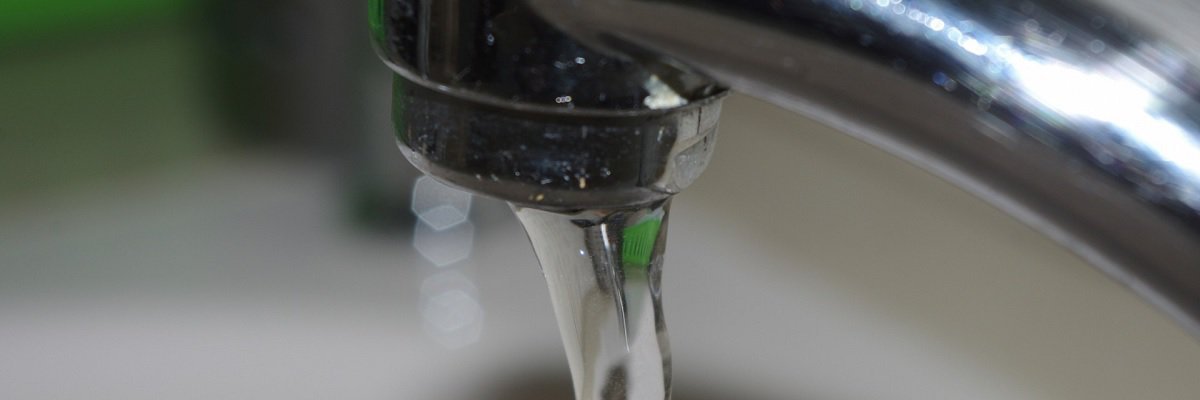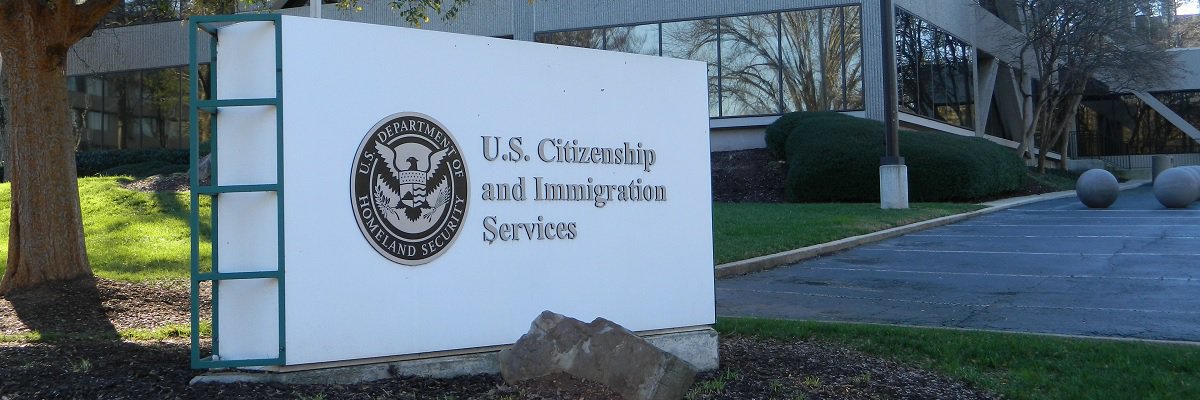Privatized prisons added another voice to their choir of skeptics last week, this one from within the Department of Justice itself.
A new report from the Bureau of Prisons Inspector General emphasizes the need for a reformed approach to contract prison oversight. The agency compared the 14 facilities under contract with the BOP at the time of their review with 14 BOP-run facilities of comparable size.

They determined, among other things, that private prisons had more incidents of contraband cell phones and assaults by inmates; they also found that regular accountability checks were insufficient in form to cover all aspects necessary for a minimally-safe standard of living.
The extent of their admonishments stopped short, however, due to the difficulty of conducting accurate comparisons between the two systems; the inability to measure costs and outcomes at private and public prisons alike, discussed in part in last month’s Private Prison Primer, plagues even the entity tasked with making such analyses.

So many metrics contribute to dynamics inside that are ultimately reduced to the numbers we on the outside can see. This remains true even for those, like the IG or the even the BOP itself, whose job it is to keep track.

That makes the confidence with which private prison operators rebut criticism all the easier.

And creates plenty of opportunities for private enterprise to fill the gaps in the government’s system. In fact, displays at the most recent American Correctional Association Congress of Corrections, held last weekend in Boston, highlighted the array of potential partnerships.
For all the problems found in private prison settings, equivalent circumstances exist in our public facilities. In a way, private prisons are the part-and-parcel manifestation of a phenomenon that is pervasive throughout corrections: the privatization of goods and services. Each problem in prison, then, becomes fodder for more-specialized privatization efforts.

In the report, documented problems were also the metrics by which the BOP IG stacked up private and public prisons. For each of the eight key categories compared by the BOP, dozens of private sector options exist to deal with the problems posed daily in a prison environment.
Contraband
There are plenty of things one isn’t allowed to have in prison, cell phones, weapons, and drugs chief among them. According to the IG report, private facilities confiscated eight times as many cell phones as their public equivalents.

But the reasons for the disparity remain undetermined and may have as much to do with good security as bad security.
For public facilities, a collection of new technology is now available to detect cell phones, drugs, and people moving in and out of the building. At the top of the BOP’s list of latest concerns are drones, which can be used to deliver contraband over the prison’s perimeter, and multiple companies are already underway with responses.
Reporting of incidents

The IG looked at 10 types of reported incidents. As the public prison market moves toward electronic records, the very systems used to track incidents offer an opportunity for a purchase package.

But more extensive are the offerings of prison safe materials: biodegradable utensils, shank-proof toothbrushes, mattresses.
Lockdowns and Discipline

Security is everywhere a hot ticket industry. The IG compared the number of lockdowns between the two types of prisons and found them used twice as often in their contract facilities.

This translates into more cameras, security gear, locking doors, and weapons training - and more discipline.

Telephone Monitoring
The BOP requires a random 5% of phone calls to be monitored. To assist with this, telephone calling companies have made this easier, expanding their reach to include devices that can locate the recipient outside of the prison walls.
Grievances
The comparison of grievances conducted by the BOP IG highlights a series of common areas of complaint and possible competition.

In addition to new systems for electronic submission of grievances and tracking inmate time, concerns about adequate access to medical and dental care are increasingly being treated with new devices or outsourced service.

Drug tests

The detection of drugs at prisons is an ever-present need at correctional facilities, meaning the market for drug tests - like the need for contraband detection at the gate - remains strong.

The United States is only beginning to confront its need to reform the prison system, but entities from advocates to the board of the American Correctional Association are looking to have their say on how it’s done. In everything, though, money talks. It remains up to citizens to ensure it’s not the loudest voice at the table.
Read the full IG report embedded below:
Image via American Correctional Association




